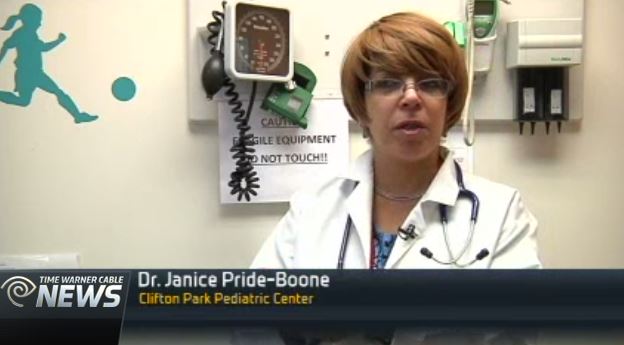
[This piece was written by Yelena Zack, MD, Chief of Psychiatry for Samaritan Hospital.]
Have you ever envied people who seem to be able to cope with anything that life throws their way? No matter the circumstance they seem to be able to take it in stride and function regularly.
Resilience is the ability to recover from life’s difficulties, such as illness, the death of a loved one, or loss of a job. For some people resilience is a natural response to life’s roadblocks; they have seen it modeled by those around them. For others it is an intentionally learned response – one that they have taken time to build in their lives.
A key factor in resilience is maintaining caring and supportive relationships with your family and other people. For some, being a part of a group or a faith community can be a great source of these relationships. Building friendships with people who share common beliefs can further build resilience as it affirms our core values.
You can strengthen your resilience by:
- Intentionally making time to build relationships with family and friends.
- Not getting “stuck” in problems, but moving towards solutions.
- Accepting what you can’t change; some goals may have to be abandoned or revised.
- Developing realistic goals and working towards them.
- Taking decisive actions to deal with stressful situations. Don’t choose to ignore them or try to wish them away.
- Maintain a positive attitude.
- Taking care of yourself. Carve out time for activities that give you energy – enjoy a hobby and make space for regular activity and exercise.
When another situation inevitably arises, it may help to remember how you dealt with past crises and what you learned about your strengths and weaknesses.
If you need help, there are books, websites and support groups to help you navigate your issue. If you feel overwhelmed or find it difficult to perform your normal activities of daily living, a licensed mental health professional can help you plan a strategy for getting back on your feet.
Samaritan Hospital’s Behavioral Health Services is a community resource for individuals needing treatment to overcome a range of psychological/psychiatric and addiction challenges. Our comprehensive crisis, inpatient, outpatient, and care coordination programs provide diagnostic, treatment, and rehabilitation services. We are recognized as clinical leaders in the areas of dual diagnosis and geriatric psychiatry and are proud of our emergency crisis services.
To learn more about Samaritan Hospital’s Behavioral Health Services, please call 518-270-3008 or visit us at www.sphp.com/behavioral-health-sam





